Six Weeks in Russia, 1919
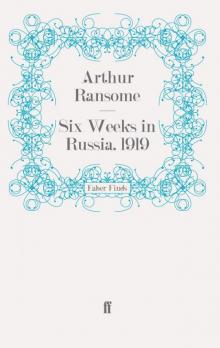

Author: Arthur Ransome
Category: Literature
Published: a long time ago
Series:
View: 270
Read OnlineIn 1913 Ransome left his wife & went to Russia to study folklore. In 1915, he published The Elixir of Life, his only full length novel apart from the Swallows & Amazons series. He published Old Peter's Russian Tales, a collection of 21 folktales the following year. After the start of WWI, he became a foreign correspondent & covered the war on the Eastern Front for The Daily News. He also covered the Russian Revolutions of 1917, coming to sympathise with the Bolsheviks & becoming close to a number of its leaders, including Lenin & Trotsky. He met the woman who'd become his 2nd wife, Evgenia Petrovna Shelepina, who at that time was Trotsky's personal secretary. He provided some information to MI5, which gave him the code name S.76 in their files. Bruce Lockhart said in his memoirs: "Ransome was a Don Quixote with a walrus moustache, a sentimentalist who could always be relied upon to champion the underdog, & a visionary whose imagination had been fired by the revolution. He was on excellent terms with the Bolsheviks & frequently brought us information of the greatest value." In 10/19 he met Rex Leeper of the Foreign Office's Political Intelligence Dep't, who threatened to reveal this unless he privately submitted his articles & public speaking engagements for approval. Ransome's response was indignant. MI5 suspected he was a threat because of his opposition to the Allied Intervention in the Russian Civil War. On one of his visits to the UK, authorities searched him & threatened arrest. In 10/19, as he was returning to Moscow on behalf of The Manchester Guardian, the Estonian foreign minister Ants Piip entrusted him to deliver a secret armistice proposal to the Bolsheviks. At that time the Estonians were fighting their War of Independence alongside White counterrevolutionary forces. After crossing the battlelines on foot, he passed the message, which to preserve secrecy had not been written down & depended for its authority only on the high regard in which he was held in both countries, to diplomat Maxim Litvinov in Moscow. To deliver the reply, which accepted Piip's conditions for peace, he had to return by the same means, but this time he had Evgenia with him. Estonia withdrew from the conflict & they settled in the capital.
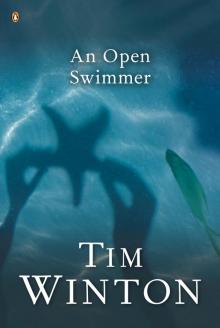 An Open Swimmer
An Open Swimmer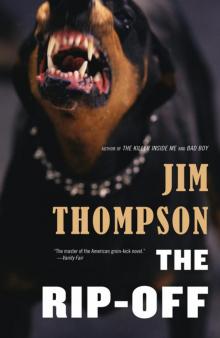 The Rip-Off
The Rip-Off The Architecture of Snow (The David Morrell Short Fiction Collection #4)
The Architecture of Snow (The David Morrell Short Fiction Collection #4)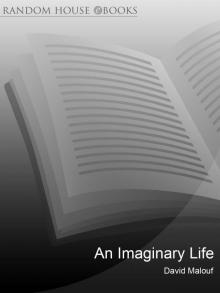 An Imaginary Life
An Imaginary Life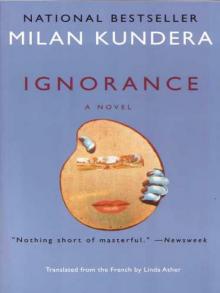 Ignorance
Ignorance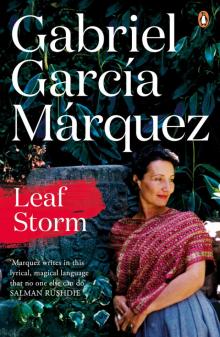 Leaf Storm
Leaf Storm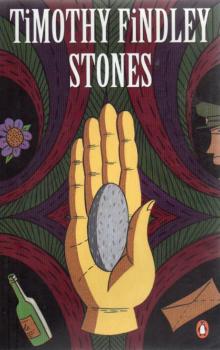 Stones
Stones The Sound of Thunder
The Sound of Thunder